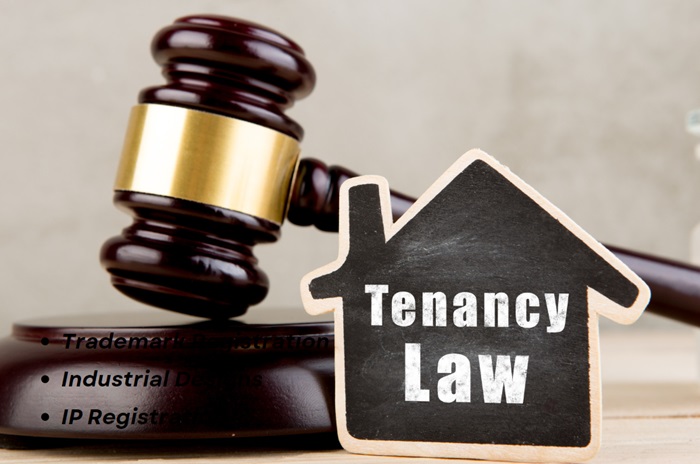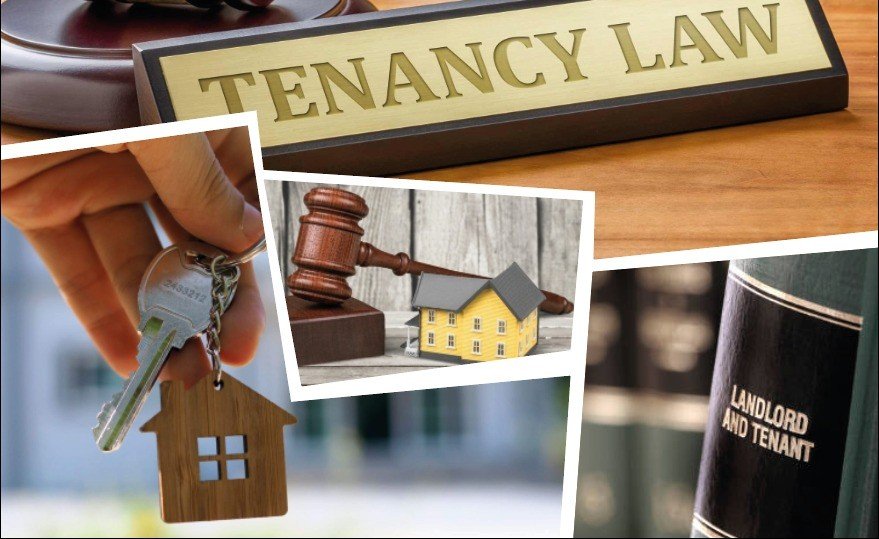Dubai landlord and tenant rights are essential for maintaining a balanced, fair, and legally compliant rental market. Both landlords and tenants have defined rights and responsibilities under Dubai rental laws to ensure smooth property leasing, prevent disputes, and safeguard financial and legal interests. Knowing these rights helps both parties avoid conflicts, plan effectively, and enjoy a secure rental experience.
Importance of Understanding Rights
Understanding Dubai landlord and tenant rights is critical because it:
- Protects financial and legal interests
- Ensures fair treatment for both parties
- Reduces disputes and misunderstandings
- Promotes transparency in rental agreements
Being aware of rights and obligations strengthens the relationship between landlords and tenants and ensures compliance with local laws.

Rights of Landlords in Dubai
Landlords in Dubai have specific rights to safeguard their property and investment. These include:
- Receiving rent payments on time and in full
- Accessing the property with proper notice for inspections or maintenance
- Enforcing the terms of the rental contract
- Evicting tenants for legitimate reasons, such as non-payment or contract violations
- Requesting security deposits and refunds as per contract terms
- Maintaining the right to approve subletting or modifications
Landlords must exercise these rights responsibly and within the limits defined by Dubai rental laws.

Responsibilities of Landlords
Alongside rights, landlords have responsibilities to ensure a safe and habitable property:
- Providing a property in good condition
- Maintaining essential services and utilities
- Addressing maintenance issues promptly
- Complying with contract terms and rental laws
- Issuing proper documentation such as tenancy contracts and receipts
Proper fulfillment of responsibilities minimizes disputes and ensures tenants’ satisfaction.
Rights of Tenants in Dubai
Tenants also have clearly defined rights under Dubai tenancy laws to protect their interests:
- Right to live in a safe and habitable property
- Right to privacy and peaceful enjoyment of the property
- Protection against arbitrary eviction
- Right to request repairs and maintenance
- Right to review and negotiate contract terms
- Right to receive proper notice for rent increases or contract changes
These rights empower tenants to assert their legal protections and enjoy a secure tenancy.
Responsibilities of Tenants
Tenants must also adhere to responsibilities to maintain fairness and order:
- Paying rent on time as agreed in the contract
- Maintaining the property in good condition
- Notifying the landlord of required repairs
- Abiding by building rules and regulations
- Avoiding subletting without permission
- Respecting neighbors and communal spaces
Fulfilling responsibilities ensures a smooth and cooperative landlord-tenant relationship.
Rental Contract Essentials
A clear rental contract is fundamental to protecting both parties’ rights. Key elements include:
- Property details including location, size, and type
- Rent amount, payment schedule, and security deposit
- Duration of tenancy and renewal terms
- Maintenance and repair responsibilities
- Conditions for termination or early eviction
- Dispute resolution mechanisms
A well-drafted contract reduces misunderstandings and provides a reference in case of disputes.
Rent Increases and Regulatory Limits
Dubai landlord and tenant rights also include rules for rent adjustments. Key points:
- Rent increases must comply with Dubai’s Real Estate Regulatory Agency (RERA) guidelines
- Proper notice must be given before any adjustment
- Tenants have the right to dispute unreasonable increases through RERA
- Increases are typically calculated based on rental index and market rates
Understanding these rules protects tenants from excessive charges and helps landlords maintain fair rental practices.
Security Deposits and Refunds
Security deposits are common in Dubai rentals, and both parties must understand their rights:
- Landlords can request a security deposit, usually one month’s rent for residential properties
- Deposits should be refunded at the end of tenancy if no damages occur
- Deductions must be documented and justified
- Tenants have the right to dispute unfair deductions
Clear agreements on deposits help prevent conflicts during move-out procedures.
Maintenance and Repairs
Maintenance responsibilities are shared but clearly defined under Dubai rental laws:
- Landlords are responsible for major repairs, structural issues, and essential services
- Tenants are responsible for minor repairs, proper use of facilities, and reporting damages
- Both parties should communicate promptly regarding maintenance requests
- Written records help track responsibilities and prevent disputes
Proper handling of maintenance strengthens trust and ensures property longevity.
Privacy and Access Rights
Both landlords and tenants have rights related to property access and privacy:
- Landlords must provide prior notice before entering the property
- Tenants have the right to privacy and peaceful enjoyment
- Unauthorized access or harassment is prohibited
- Disputes over access can be addressed through RERA
Respecting privacy rights reduces conflicts and promotes mutual respect.
Eviction Rules and Tenant Protection
Dubai landlord and tenant rights outline specific eviction procedures:
- Eviction must follow legal procedures and provide proper notice
- Tenants cannot be evicted arbitrarily
- Reasons for eviction include non-payment, contract violations, or misuse of property
- Tenants can approach RERA for dispute resolution if eviction is unjust
Understanding these rules ensures that eviction is fair, lawful, and transparent.
Dispute Resolution Mechanisms
Disputes may arise despite clear contracts and mutual respect. Dubai provides structured resolution options:
- Mediation through RERA’s Dispute Settlement Center
- Filing formal complaints online or at municipal offices
- Legal proceedings if mediation fails
- Documentation and evidence are crucial for successful resolution
Structured dispute resolution protects both landlords’ and tenants’ interests.
Common Mistakes to Avoid
Both landlords and tenants should avoid common mistakes:
- Not documenting agreements or payment receipts
- Ignoring maintenance responsibilities
- Failing to provide or acknowledge notices
- Arbitrary eviction or rent increases
- Not using RERA for dispute resolution
Avoiding these mistakes ensures smoother relations and prevents legal complications.

Benefits of Knowing Your Rights
Being aware of Dubai landlord and tenant rights benefits both parties:
- Reduces misunderstandings and conflicts
- Ensures legal protection and fair treatment
- Promotes trust and cooperation
- Facilitates smooth tenancy renewal and contract enforcement
Knowledge of rights empowers landlords and tenants to act responsibly and fairly.
Future Trends in Rental Regulations
Dubai’s rental market continues to evolve with new regulations and technologies:
- Online tenancy contract registration and dispute management
- AI-based tracking of rental payments and compliance
- Improved digital communication between landlords, tenants, and RERA
- Enhanced transparency in rent increases and market rates
These developments aim to simplify rental processes and strengthen legal protections.
Conclusion
Dubai landlord and tenant rights are designed to create a fair, transparent, and legally compliant rental market. Understanding the rights and responsibilities of both parties, adhering to contract terms, and utilizing available dispute resolution mechanisms ensures a smooth tenancy experience. By respecting legal frameworks, maintaining open communication, and documenting agreements, landlords and tenants can avoid conflicts, protect their interests, and enjoy a secure, cooperative rental environment. Staying informed about updates to rental laws and digital tools further enhances protection and convenience for all parties in Dubai’s dynamic property market.
Do follow UAE Stories on Instagram














